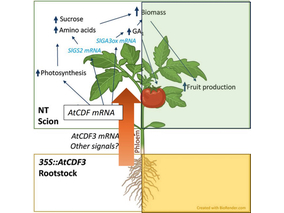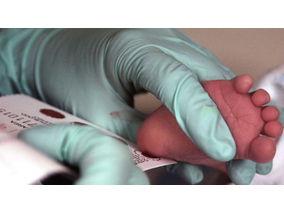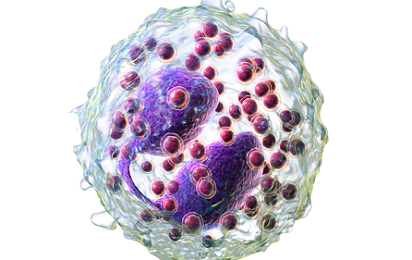Researchers from CIBERDEM and CIBERCV have identified the mechanisms by which HDL lipoproteins, responsible for transporting good cholesterol and preventing the accumulation of cholesterol in the arterial wall, lose their cardioprotective capacity in patients with abdominal aortic aneurysm (AAA), a pathology that does not produce symptoms and is difficult to diagnose in time. Among the researchers who have participated are Dr. Francisco Blanco Vaca of CIBERDEM, director of the Biochemistry Service of the Hospital and coordinator of the Metabolic Bases of Cardiovascular Risk Research Group of IIB Sant Pau and Lídia Cedó, researcher of the same group.
The work, published in Ebiomedicine, demonstrates that the HDL of patients with AAA present oxidative modifications that diminish their cardioprotective function. The authors, belonging to the Fundación Jiménez Díaz-UAM, the CNIC and the Research Institute of the Hospital de la Santa Creu i Sant Pau -IIB Sant Pau, explain that “oxidative modifications can be measured in the blood of patients and could be used as biomarkers to improve the diagnosis of the pathology, adding predictive value to traditional risk factors”.

AtCDF3 gene induced greater production of sugars a...

Un estudio con datos de los últimos 35 años, ind...

Un equipo de investigadores de la Universidad Juli...

En nuestro post hablamos sobre este interesante tipo de célula del...

Gracias al estudio de un grupo excepcional de personas dentro de los d...
Biotechnology portal in Spain
Subscribe to our newsletter and stay up to date with the latest news and deals!
2013 © Biotech-Spain.com - Site Developments SL. All Rights Reserved. Terms of Service | Privacy Policy
Articles
Directory
